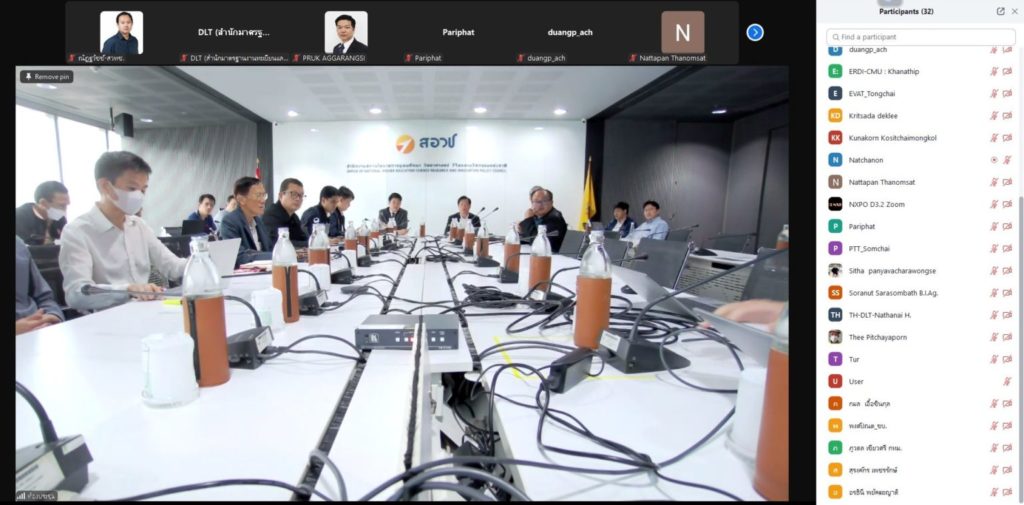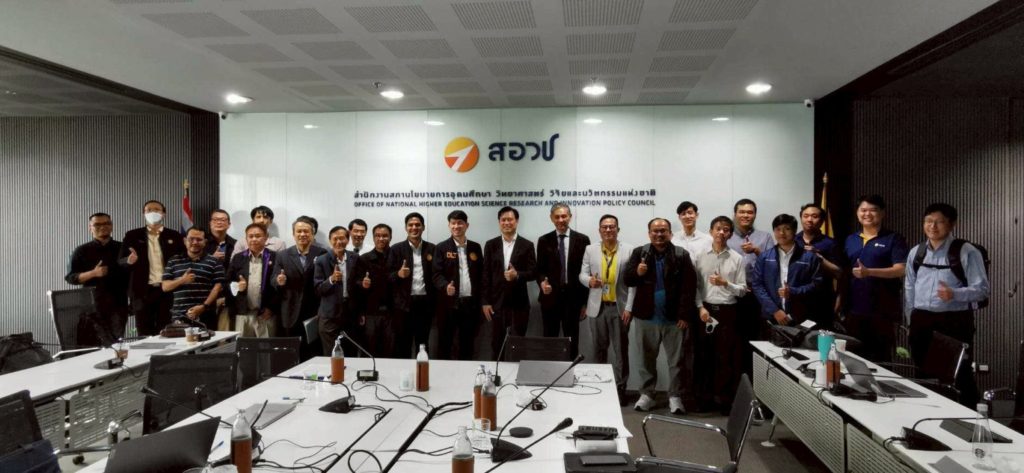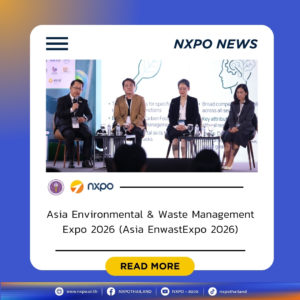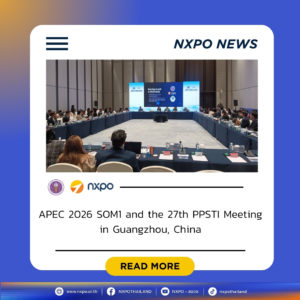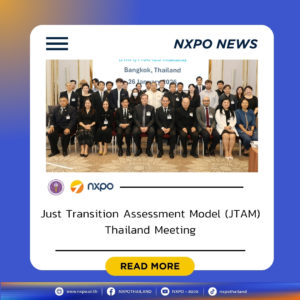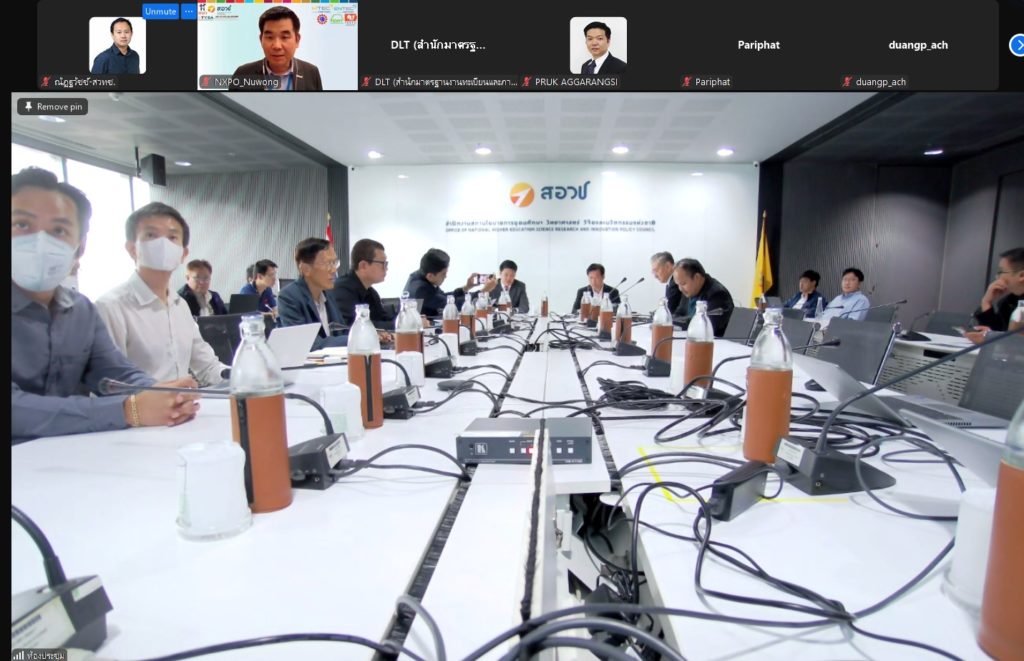
NXPO, in collaboration with the Department of Land Transport (DLT) and the Electric Vehicle Conversion Association of Thailand (ECAT), hosted a public hearing on the Draft Notification of the Department of Land Transport Regarding the Criteria, Procedures, and Conditions for Electric Vehicle Conversion (EV conversion). The session took place on 26 May 2025 at NXPO Headquarters and via Zoom, co-chaired by Dr. Nuwong Chollacoop, Assistant to the President of NXPO, and Mr. Titipat Thaijongrak, Director, Automotive Engineering Bureau, DLT.
The event featured contributions from several experts, including Dr. Thanakarn Wongdeethai, Strategist of the Future Mobility and Automotive Technology Policy Program; Mr. Kiatnarong Kruba from DLT; Mr. Pariphat Buranasin, Vice President of ECAT; and Mr. Korn Panyakruea from the Thai Industrial Standards Institute (TISI). The hearing was attended by over 60 participants from government agencies, academic institutions, and the private sector.
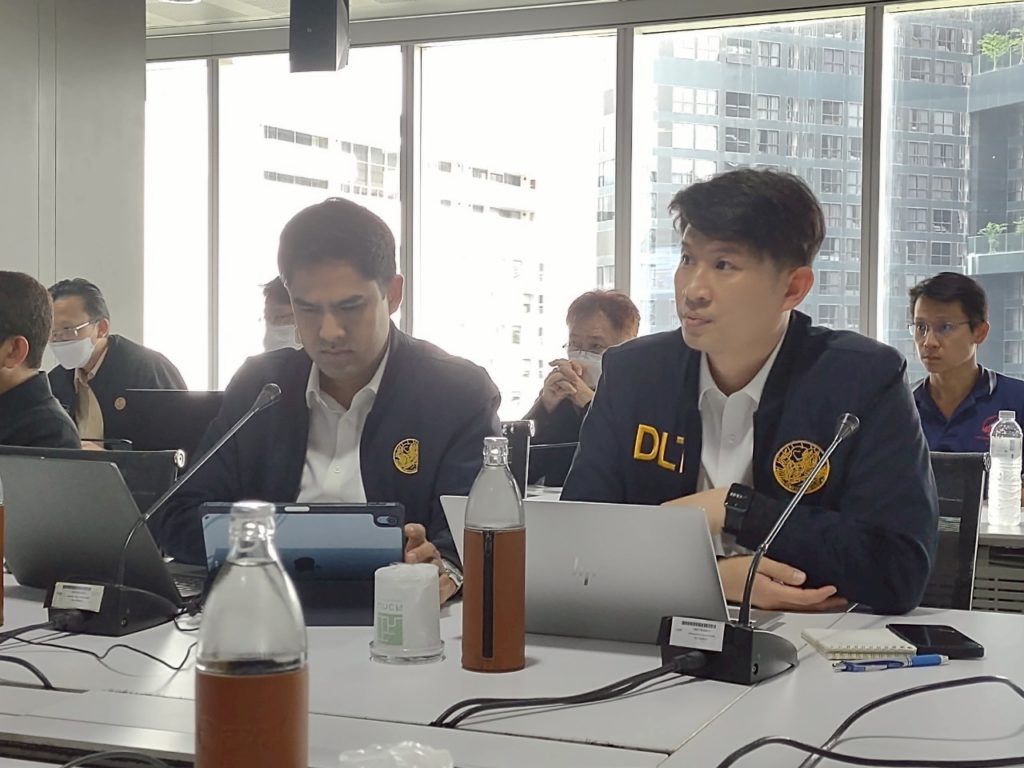
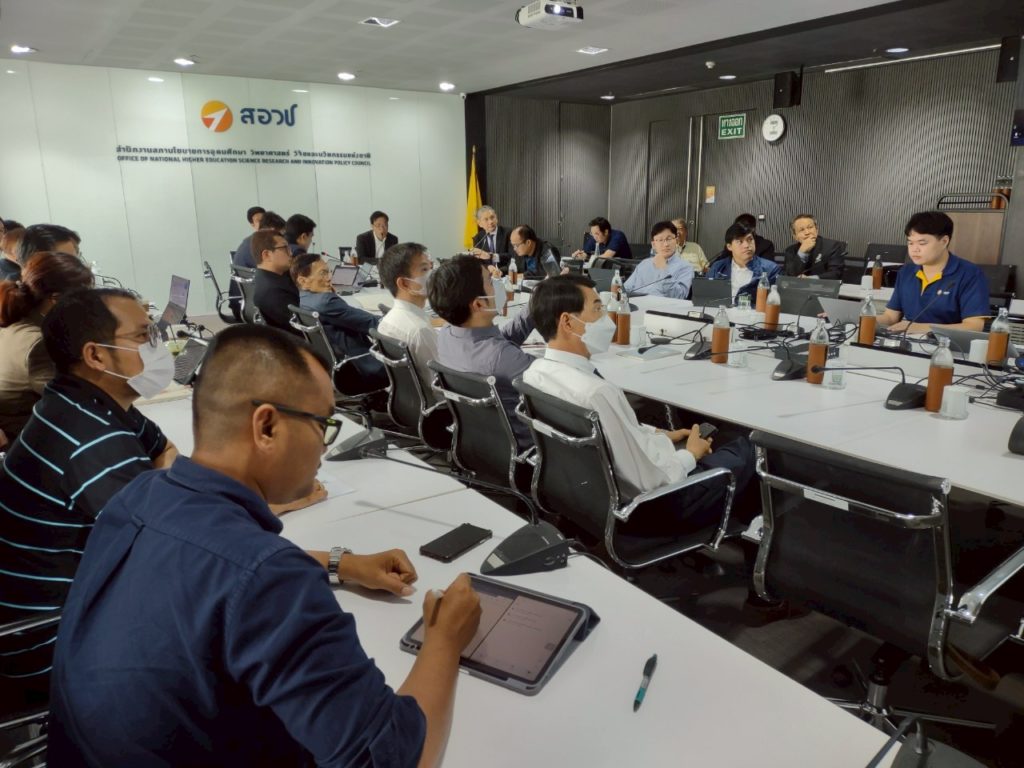
The draft notification outlines a regulatory framework for EV conversion manufacturers to register their modified vehicles with the DLT through two approval pathways: Individual Approval and Type Approval. For Type Approval, manufacturers must secure certification under the National Electronics and Computer Technology Center (NECTEC) Standard NTS 1012–2568 for converted electric vehicles — covering safety and basic performance — from a testing laboratory accredited to ISO/IEC 17020, 17025, or 17065 before applying for DLT registration. For Individual Approval, manufacturers may submit a certificate from a licensed professional engineer in mechanical and electrical engineering, along with driving and start-off test results as specified by the DLT, to register their converted vehicles.
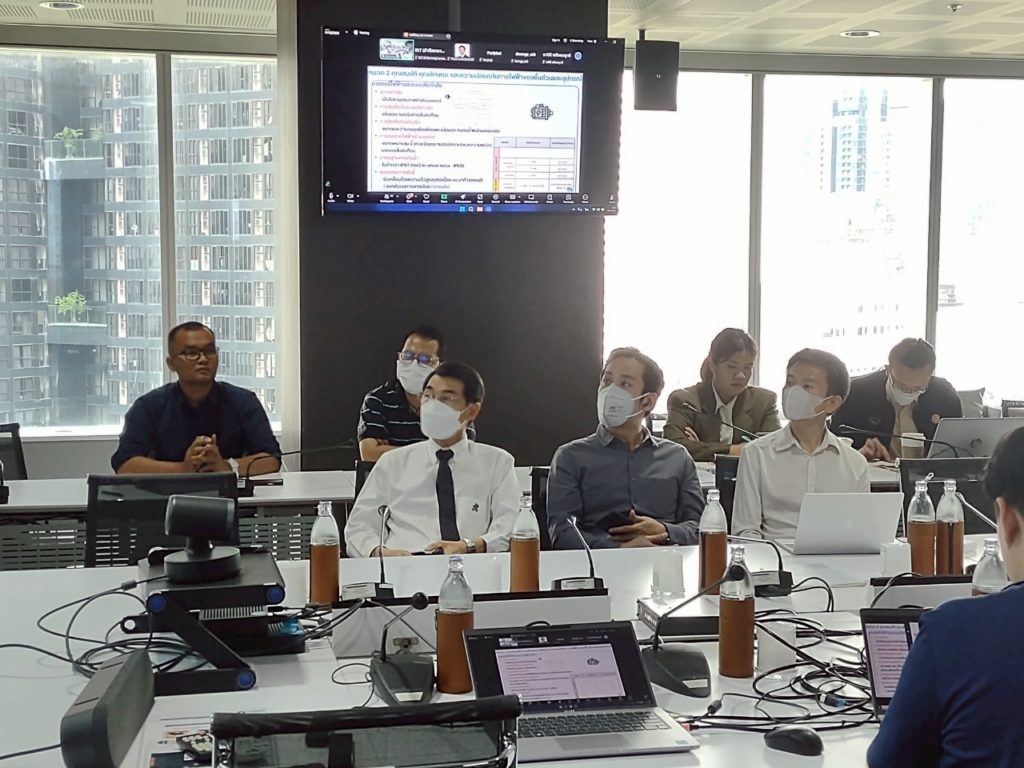
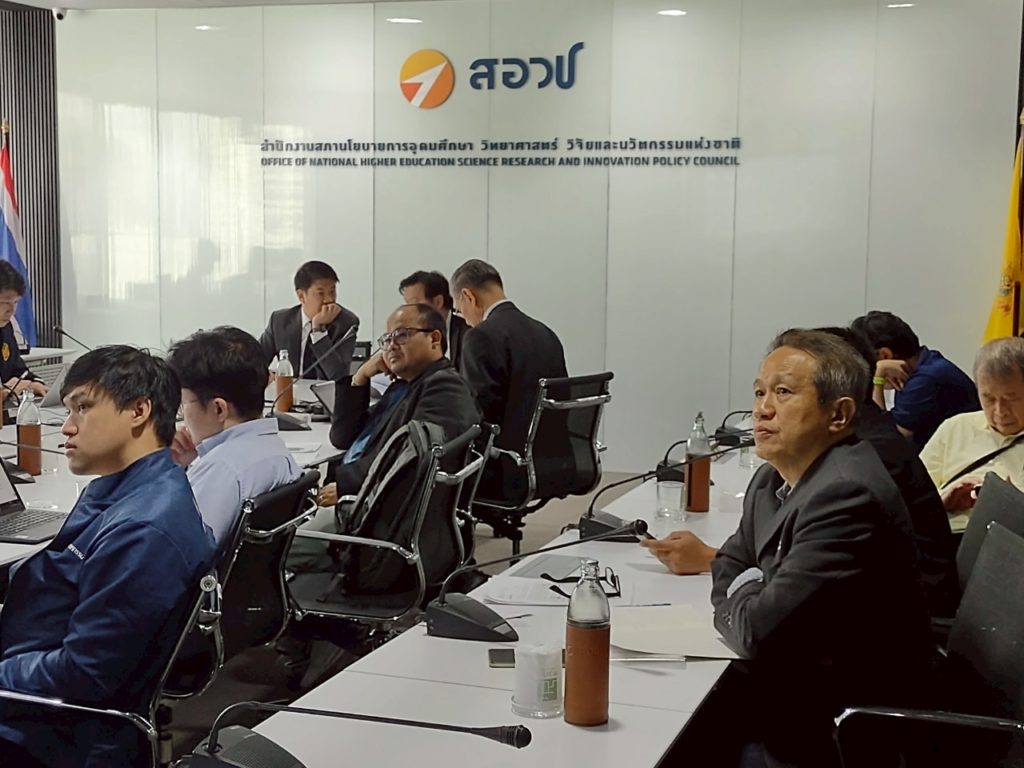
This draft notification represents Thailand’s first regulation governing electric vehicle conversions, encompassing various vehicle types including personal cars (sedans and vans), pickup trucks, three-wheelers, buses, and freight trucks. The regulation is the culmination of two years of collaborative work among key stakeholders to establish a legal framework for EV conversions in Thailand. It is anticipated to come into effect by the end of 2025.
